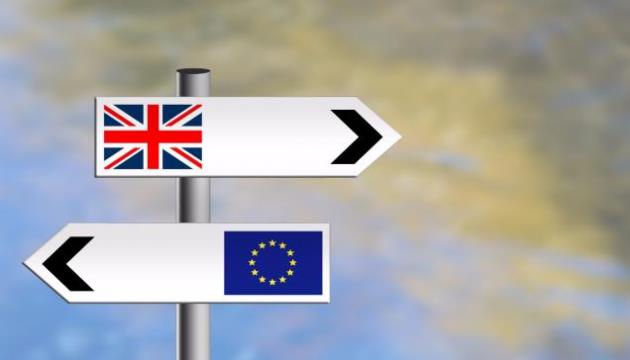
British referendum has ended. From now on Britain and the EU, and Russia will live with this result. All of Europe will think how to respond to the challenge. Such a result has raised a lot of pressing issues, rather than solved some problems.
The European Union, with all its problems and shortcomings, has been the most successful political, socio-economic and humanitarian project in the world for several centuries. This is an achievement of the civilization, the essence of which is to prevent wars on the continent which gave rise to the two most bloody world wars. And the matter was not the bureaucratic formation with its center in Brussels, but its essence. Creation and development of the EU is a new quality of policies based on respect and trust to an individual for the defence of his/her rights, a beacon indicating the trajectory of development for all.
What the EU opponents offer is not a return to some kind of “golden” past. What can be returned? Victorian England with Sherlock Holmes? The Empire on which the sun never sets?
Such a choice is always about the future. Supporters of Britain’s exit from the EU propose to follow the path which has unsteady ground of denial under the feet, and fog ahead. Among other things, the British, in fact, voted for their secession from one of the most powerful economies in the world. And pound sterling responded to it quickly.
The vote at the BREXIT referendum is a confirmation that the political civilisation focused on the European model, is facing serious problems associated with the lack of vision and perspective. The modern political establishment has no vision of the future which would be convincing enough for millions of citizens. And here come the chaos factors that are always ready: simplification and coarsening of politics, growth of violence, increasing influence of nationalists and the right-wing, EXIT, attempts to isolate themselves, and Donald Trump in America…
Common sense in today’s world does not always win, and simple solutions – to get away, tear off or break up – seem attractive. In addition, many of those who voted “against” were motivated by the desire to demonstrate their dissatisfaction with a variety of things. All this together determined the result.
There will certainly difficulties now, but the European project is clearly viable, therefore, there is a positive scenario. It can not be ruled out that the alliance of France, Germany and continental Europe may become even more organic and strong as a result of the fact that the weird British will make decisions separately. Obviously, a serious and long overdue reform of the EU, as well as a new strategy for cooperation with such countries as the UK, Norway and Switzerland will be discussed and launched in the next five years. Europeans will cope with it, will sort it out and will do better than it was – in the long run, they have a clear potential of unlimited growth.
But what is there ahead for Russia? Are we going to participate in the search for a new common path? After all, it is a question of our future. Or shall we continue to move in line with the present anti-European political course, on a non-existing path? Emptiness, denial, aggressive disbelief instead of a vivid modern Russian thought?
What is BREXIT’s lesson for us? We are once again demonstrated that people’s opinions in Europe do matter and that the referendum was real, “no nonsense”, a political tool rather than a way to formalize already adopted decisions with an absolutely predictable result. Such a way of decision-making is more important than the desires of even the most skilled politician, because it builds confidence, trust and respect – the engine and the main element of productive life.
Speaking about practical issues, the EU is most likely to introduce such a model of relations with Britain as it operates with Norway or Switzerland and will finally hold long-overdue reforms.
The Russian President on the eve of the British vote expressed his bewilderment: why? Why did David Cameron make a referendum if he opposed the withdrawal from the EU? But David Cameron did all this because the government respecting its citizens acts like this. It trusts them in adopting decisions that directly determine their country’s future.
That is the main thing! Britain has proved that it is the most important part of Europe. And it is the British citizens who will solve the problem of the development strategy of Europe which is still united in its political, humanitarian, philosophical grounds, rather than London politicians and bankers. They will do it responsibly and together with all Europeans.



